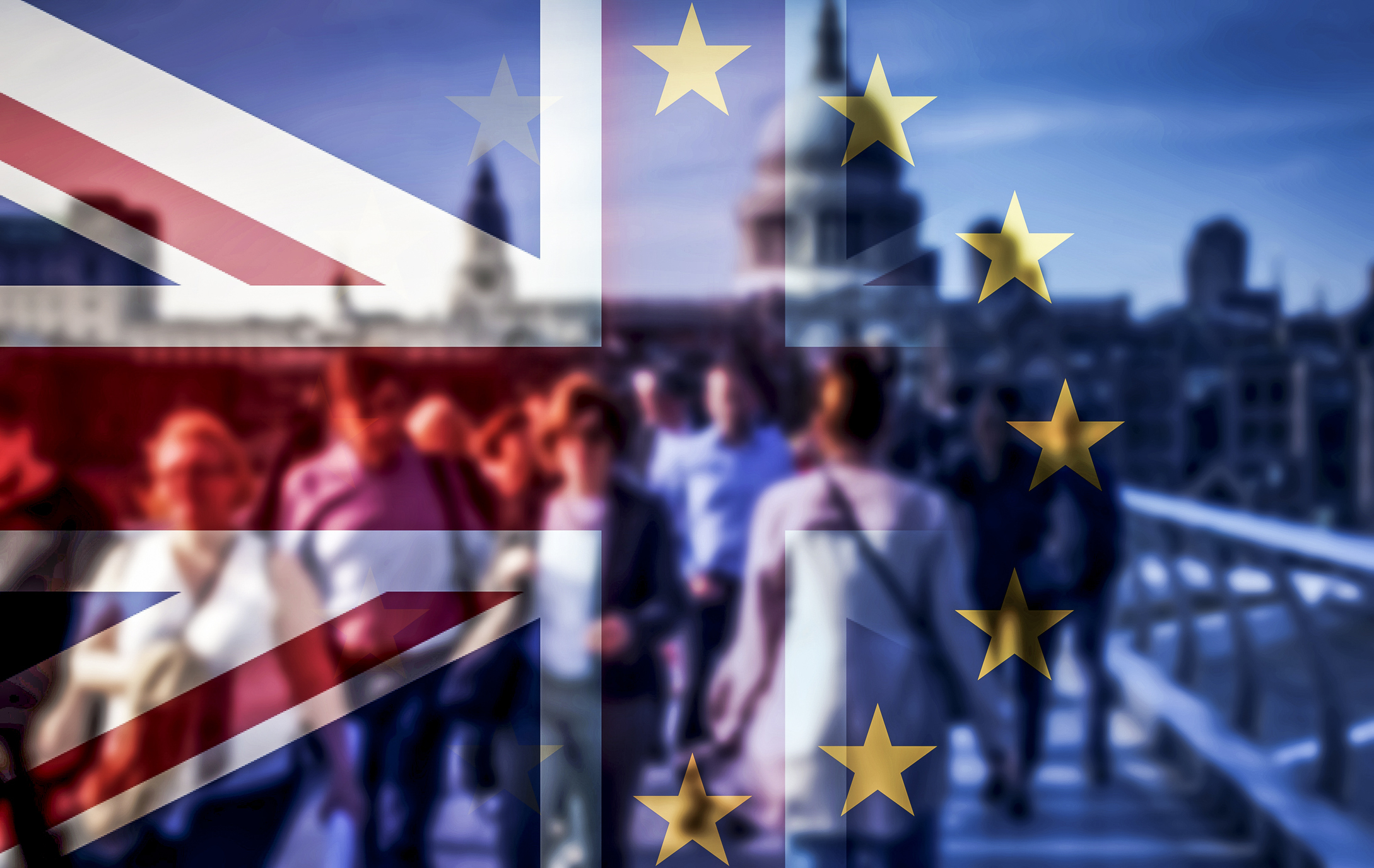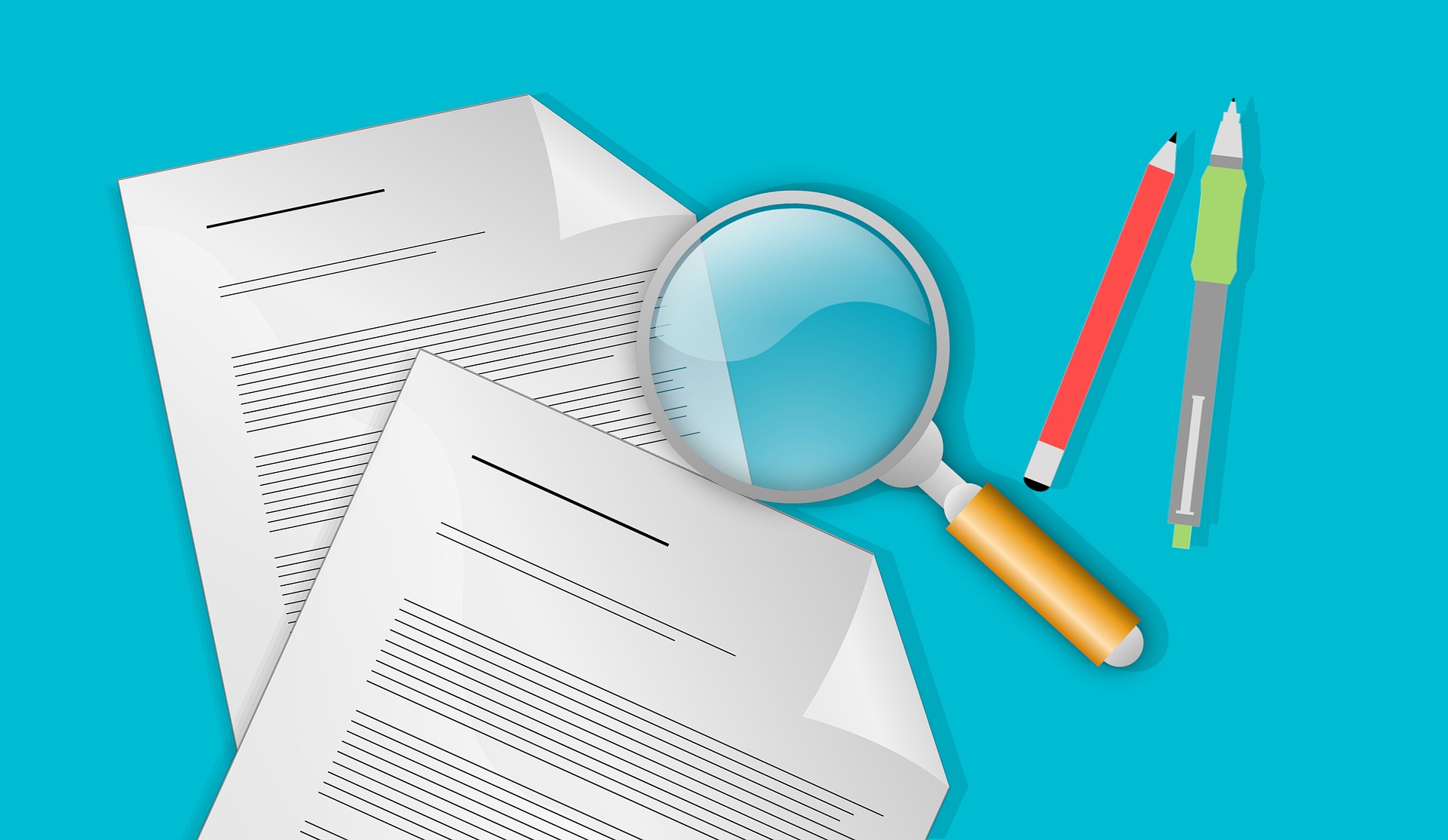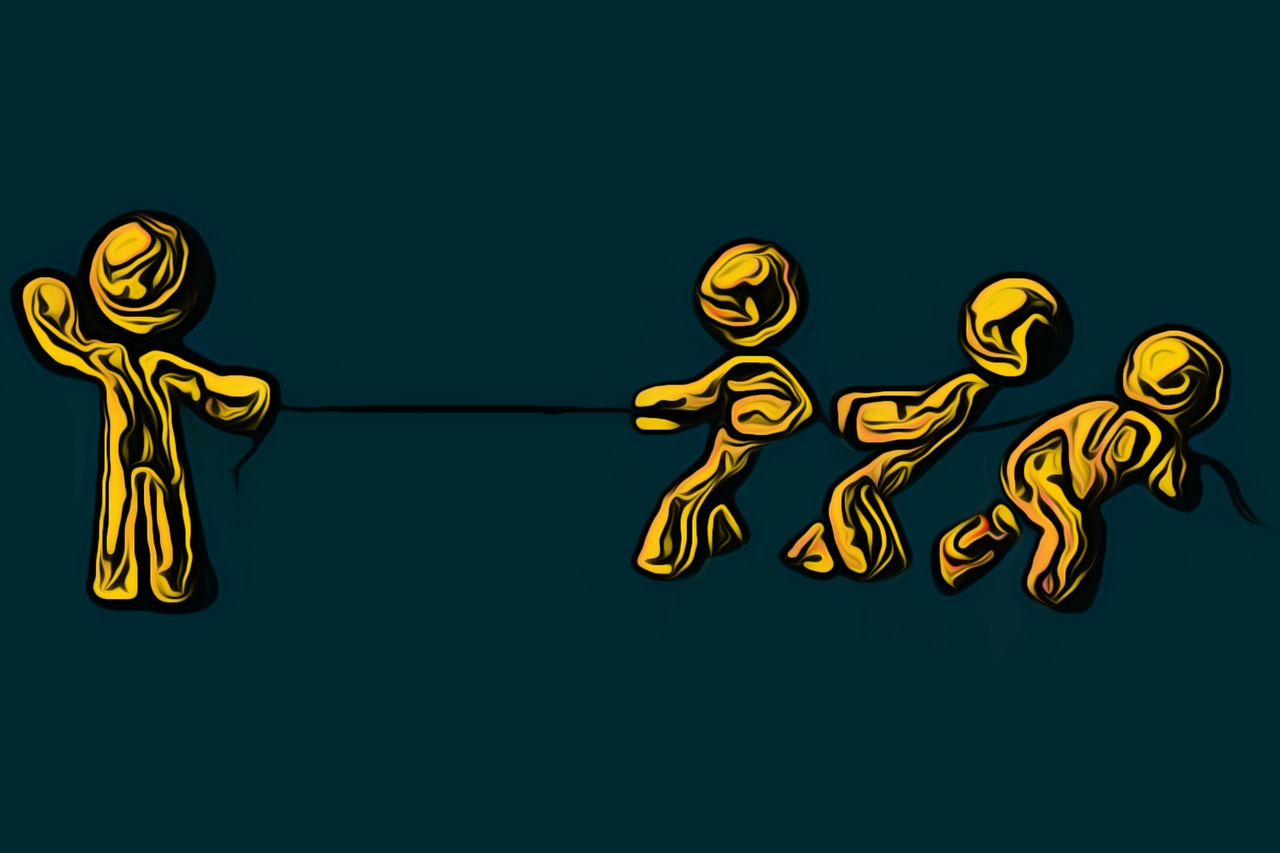Latest blog articles
-
Current US and EU secondary liability standards do not address all factors to trigger liability. This influences legislation and case law, setting an uncertain secondary liability outcome of IP infringement cases against Internet Intermediaries’. I suggest that tort law can tackle this problem.
-
Officially supported export credits are instruments that governments can use to boost or support their exports, either through insurances, loans or guarantees. Most governments provide this support through Export Credit Agencies (ECAs), the first of which were founded in the 1920s (Stephens, 1999).
-
After the initial relief that followed upon reaching a Trade and Cooperation Agreement between the European Union and the United Kingdom on Christmas Eve, we slowly see how this treaty is going to affect the tax domain. In this blog I will briefly focus on the area of fiscal state aid, i.e. the...
-
In her recent book “The Deficit Myth” star economist Stephanie Kelton tells us why economists should not worry too much about sovereign debt and deficits. But is that the same for lawyers? And are all countries truly treated equally?
-
Schumacker is one of the most important cases in EU tax law. It opened the door to many more legal proceedings before the CJEU that tested the limits the Member States’ tax sovereignty against the force of EU law.
-
There has been much brouhaha about equalization levies in the context of the digital economy. One of the hotly debated issues is whether such levies are covered by tax treaties at all. In this post, I should like to reflect over this issue as objectively as possible. I shall not, however, delve into...
-
In a little more than one week we saw a series of judgements and a European Commission decision that may again test the limits of the European Union's state aid system in its application to matters of direct taxation.
-
Unlike other sectors, improvements in Genetic technology raise issues of morality. The new human gene editing technology CRISPR/CAS9 has raised many such concerns. Can the current patent system deal with these concerns or should morality be dealt with by the inventors themselves?
-
The need to guarantee the free flow of information in a Big Data economy forces us to re-think Intellectual Property Rights and find an appropriate balance between competition, innovation, privacy and incentives.
-
With or without the UK, the EU will try to find a way to implement the UPC as it has invested considerable time and efforts knowing the benefits it will bring; however, the fate of the Agreement could be decided on judicial grounds instead of political ones.









